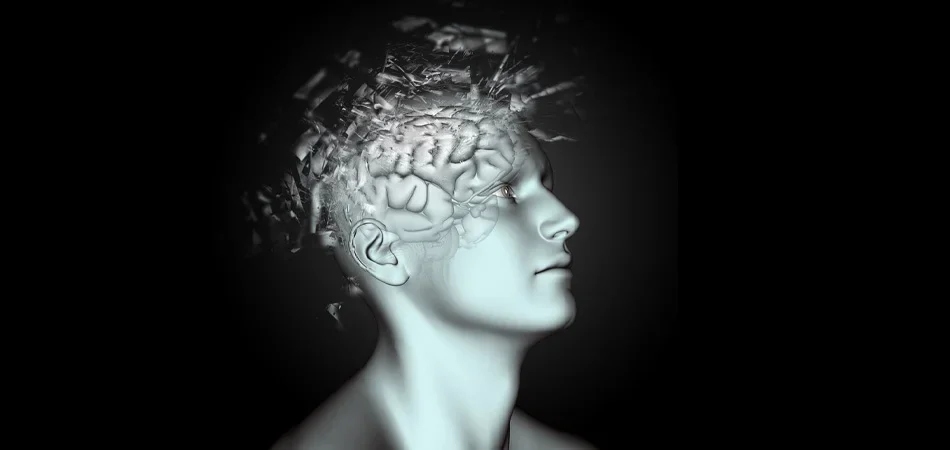Can your brain trick you into drunk driving?

Many people head to the bar or to a party, telling themselves that they won’t drive drunk. They’ll either keep their drinking under control or, if they don’t, they’ll call an Uber.
Then, inevitably, many of them decide that it’s safe to drive home when it’s really not. They may even regret it the next morning or for years to come. They understand that they shouldn’t drive in that state but, in that moment, it feels fine. They think nothing will go wrong. Why is this?
It’s easy to blame the alcohol, and that is the root cause. It can hinder the decision-making process. It can keep you from thinking logically. How many people have done something while intoxicated and woke up the next day thinking “Why in the world did I do that?” Drunk driving is just one example.
Scientists, though, say it goes even deeper. Alcohol can actually impact the chemical levels in your body. These are neurotransmitters like dopamine, serotonin, glutamate and gamma-Aminobutyric acid (GABA). Some of these impact your ability to think and reason, while others make you “feel good.” They’re often brought up when discussing addiction and reward-based actions.
In short, drinking can change the way these chemicals move within your body, and they can make you feel invincible. You know that you’re not and that you could get injured or injure someone else, but your brain tells you that it’s fine and it won’t happen.
Understanding how this works may help you avoid drunk driving, but others will still do it. If one of them hits and injures you, be sure you know what options you have for compensation. Speak to an attorney as soon as possible about your claim.



